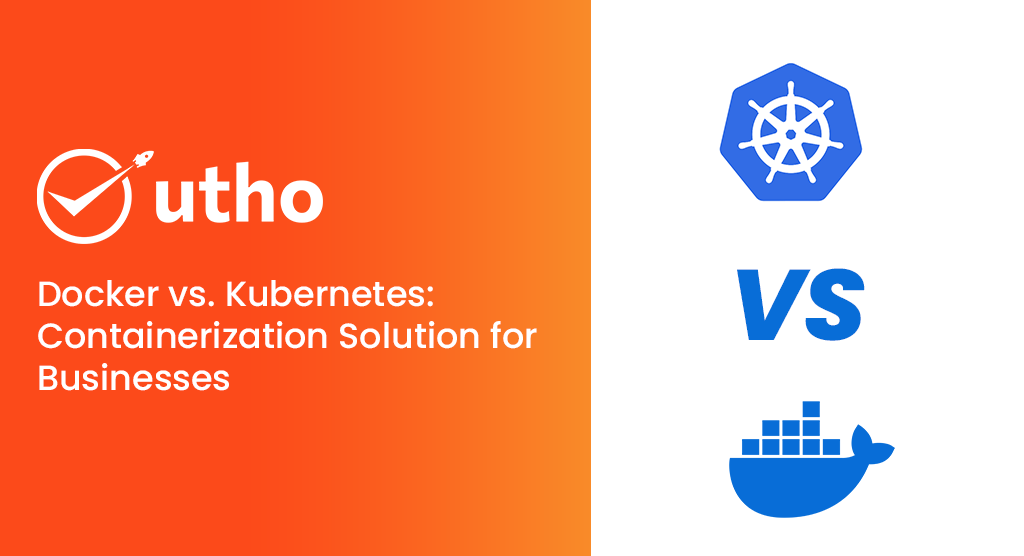Modern businesses rely on cloud computing, and while many seek private cloud infrastructure for dedicated resources, the costs can be prohibitive. Virtual private clouds offer a cost-effective solution, providing privacy and dedicated resources akin to private clouds while leveraging the pricing advantages and additional services of public cloud providers.
Define Virtual private clouds or private cloud computing model?
VPC stands for Virtual Private Cloud, which is a dedicated and private virtual network space hosted within a public cloud environment. Each VPC is secure and logically isolated from other virtual networks in the same public cloud, providing users with complete control for the customization and configuration of their data resources. Within a Virtual private cloud, users can deploy various cloud infrastructure resources, including compute, storage, and networking.
What is the functioning mechanism of this private cloud computing model?
A Virtual Private Cloud operates by offering a distinct segment of the cloud, allowing users to launch resources within a user-defined virtual network.
Users have authority over their virtual networking environment, enabling them to choose their IP address range, establish subnets, and configure route tables and network gateways. Additionally, users can utilize both IPv4 and IPv6 in their VPC for secure and convenient access to resources and applications.
How does this private cloud computing provide benefits in your setup?
Leveraging a VPC provides a range of benefits that blend the strengths of both public and private cloud environments, catering to diverse business requirements.
Minimize downtime: While achieving 100% uptime isn't always feasible, customers demand it and tolerate minimal downtime, even as little as ten minutes. Virtual private cloud environments offer the necessary redundancy and features to approach near-100% uptime expectations.
With almost constant uptime, your customers will enjoy a heightened level of reliability, fostering loyalty and trust in your brand.
Reduced risk: A Virtual Private Cloud ensures heightened security at both the instance and subnet levels.
Hybrid Cloud Deployment: Virtual Private Cloud simplifies the integration of public clouds with on-premises setups, enabling smooth hybrid strategies and operational streamlining.
Flexibility: Whether your business is expanding or undergoing transformations, VPCs offer the flexibility to evolve with your requirements. The dynamic deployment of cloud infrastructure resources makes it effortless to adjust a VPC to accommodate the changing needs of your business.
Cost savings: Due to the elastic characteristics of public clouds, you only incur charges for the resources you consume. With a VPC, there's no need to cover expenses for hardware or software upgrades, and maintenance costs are eliminated.
What are the disadvantages of the private cloud computing for your infrastructure?
Similar to any technology, cloud solutions come with drawbacks that require careful consideration before determining the optimal deployment solution. Here are some of the primary disadvantages of VPC:
Cost: Cost is a significant drawback of using VPC. Despite its potential benefits, the setup and maintenance of VPC can be expensive, particularly for small businesses or startups. Users may incur additional expenses such as data transfer, IP address usage, and other fees on top of the costs associated with running resources within the VPC.
Additionally, effective management of a Virtual Private Cloud often demands a high level of technical expertise, which can be both costly to acquire and maintain. Therefore, users should thoroughly assess the associated expenses before opting for VPC as a part of their infrastructure.
Complexity: Complexity represents another possible drawback of utilizing VPC. The setup and configuration of a VPC can be intricate, demanding a considerable level of technical expertise. Users may find themselves dealing with multiple components, including subnets, routing tables, security groups, and network ACLs, posing challenges for those less experienced.
Furthermore, troubleshooting issues within a Virtual Private Cloud can be intricate due to the numerous potential points of failure that can impact the network. Hence, users should thoroughly evaluate their technical proficiency and resources before opting for VPC implementation.
Dependency on the Internet: Lastly, Virtual Private Cloud relies on the Internet, introducing vulnerabilities like network outages and cyber-attacks. If a user's Internet connection is interrupted, their VPC may experience downtime, resulting in lost productivity. Similarly, a cyber-attack targeting a user's VPC could compromise resources and data.
Therefore, users should thoughtfully weigh the risks associated with depending on the Internet before choosing to implement Virtual Private Cloud. Additionally, considering additional security measures such as VPNs or firewall rules is advisable to mitigate these risks.
How does Utho deliver a seamless Virtual Private Cloud infrastructure?
Utho, a pioneer and authority in data center security, presents an extensive array of virtual appliances. These appliances offer profound visibility and control over virtual network traffic, ensuring scalability, optimal performance, and value. Additionally, VPC brings elasticity, automation, and orchestration, providing comprehensive security solutions for private cloud, SDN, and VM environments.











